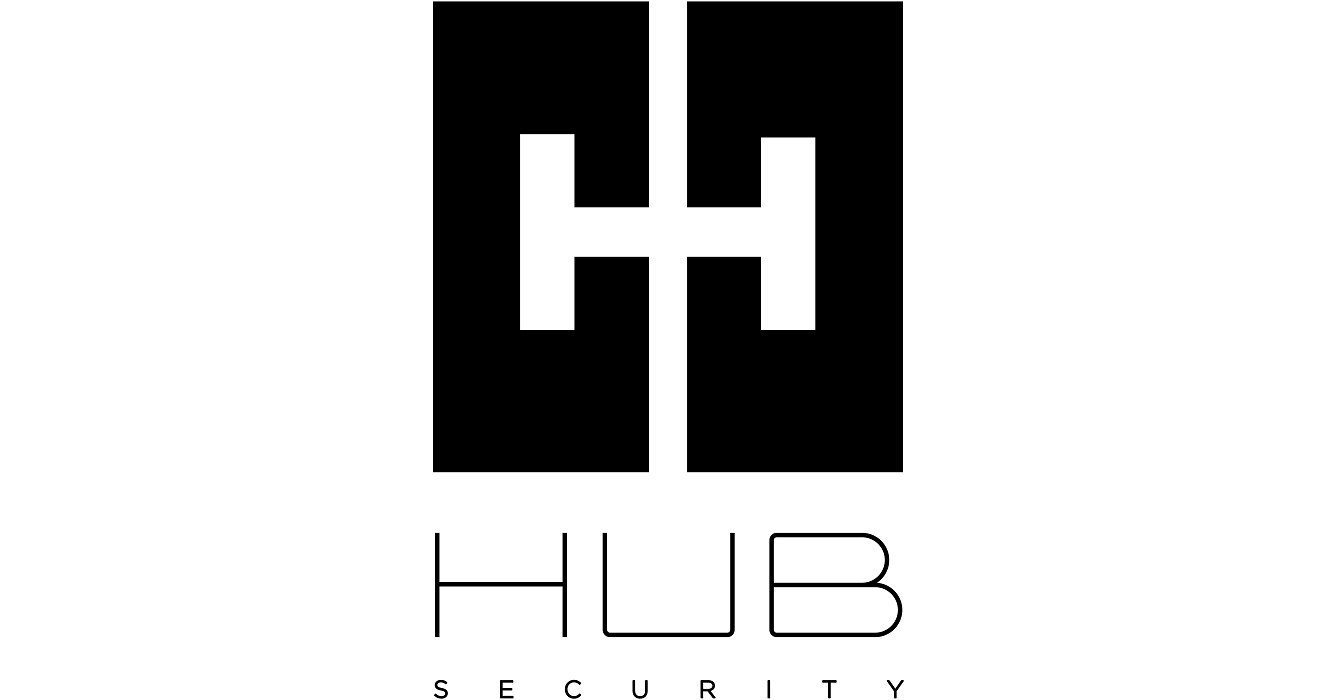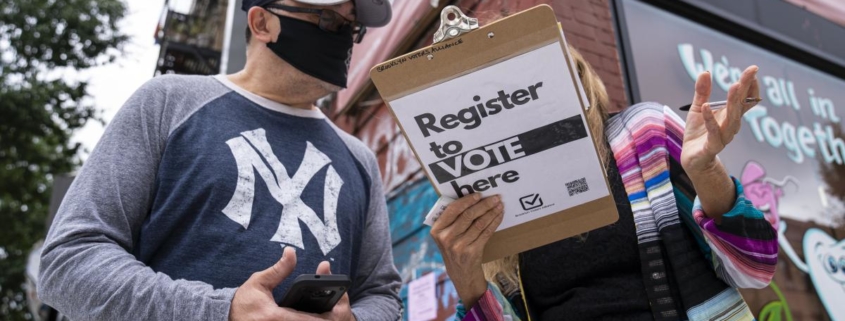Conference registration opens for Lawfire readers for Duke’s 28th Annual National Security Law Conference! – Lawfire
I’m pleased to announce that registration is now open for Duke’s 28th Annual National Security Law Conference! presented by Duke Law’s Center on Law, Ethics and National Security (LENS). Because seats are very limited we wanted to make an announcement specifically for you as a Lawfire® reader before we opened the portal on the conference website and other public venues. If you’d like to attend (in-person only this year), please register ASAP on the registration portal is found here.
What you will experience…
 There’s lots of variety in the ‘ripped-from the-headlines’ topics the conference’s world-class speakers will be addressing. I think you’ll agree if you check out the agenda found here.
There’s lots of variety in the ‘ripped-from the-headlines’ topics the conference’s world-class speakers will be addressing. I think you’ll agree if you check out the agenda found here.
An “Early Arrival” session co-sponsored with Duke Law’s National Security Law Society will take place on Thursday, February 23 from 12:30 to 1:30 p.m. in Room 3041 at Duke Law. Practitioners from the military, government, private industry, and ‘big law’ will discuss “Careers in National Security Law.” They’ll explain to students, young attorneys, and others how national security law can be involved in a number of different practice venues. (Conference registration for this event is not required).
 On Friday morning, the LENS Conference officially begins with Professor Nita Farahany’s keynote entitled, “The Battle for Your Brain: Neurotechnology and National Security.” You should expect a presentation that gives new meaning to the term ‘eye-opening’. She’ll reflect on the national security implications of neurotechnology, and share insights from her new book, “The Battle for Your Brain:Defending the Right to Think Freely in the Age of Neurotechnology.” (You may also have a chance to purchase a copy of her book that she’ll autograph.)
On Friday morning, the LENS Conference officially begins with Professor Nita Farahany’s keynote entitled, “The Battle for Your Brain: Neurotechnology and National Security.” You should expect a presentation that gives new meaning to the term ‘eye-opening’. She’ll reflect on the national security implications of neurotechnology, and share insights from her new book, “The Battle for Your Brain:Defending the Right to Think Freely in the Age of Neurotechnology.” (You may also have a chance to purchase a copy of her book that she’ll autograph.)
It won’t come as a surprise to readers that we’ll have a panel of top experts addressing “The Russo-Ukraine Conflict and the Law of War.” You’ll hear from such renowned scholars as professors Geoff Corn, Laurie Blank, and Rob Lawless in a discussion moderated by retired Army judge advocate (and legendary law of armed conflict expert!) Colonel Dave Graham.
In a separate but…



